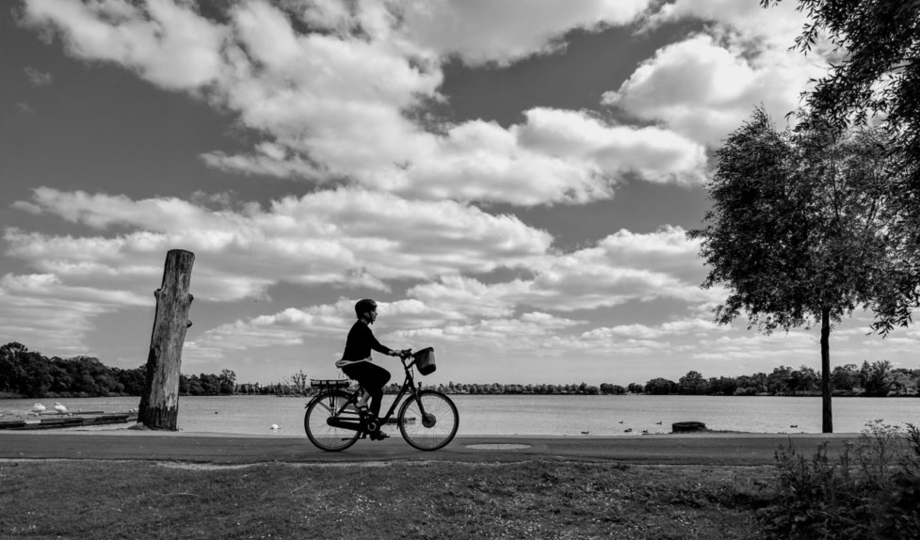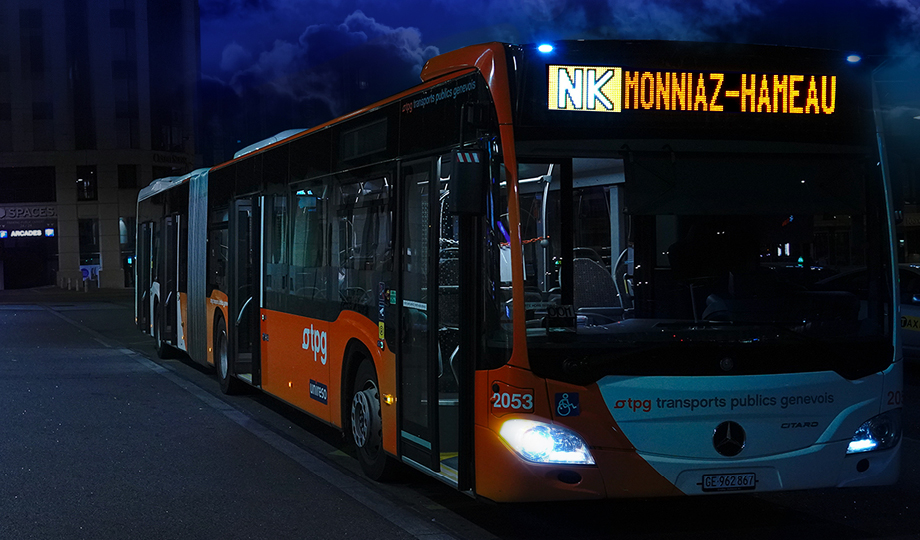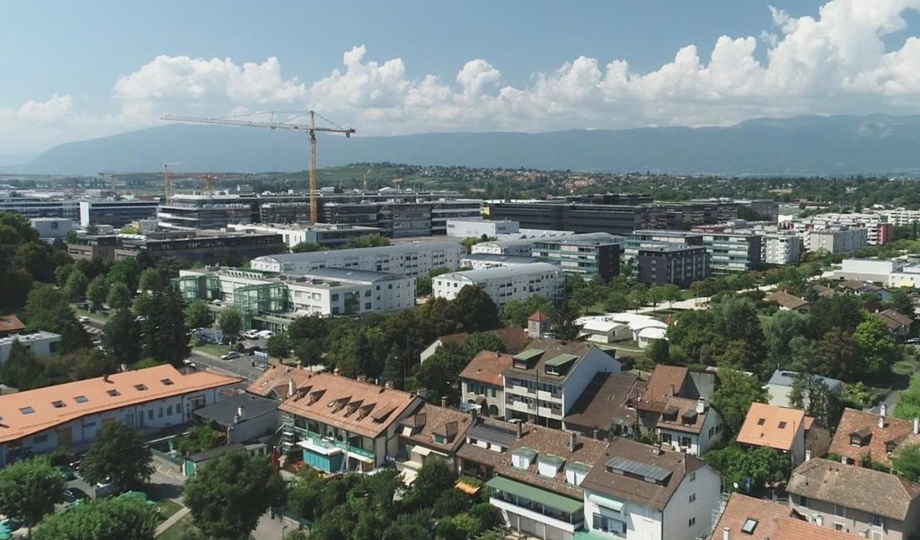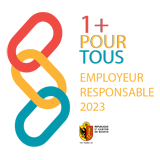Think
We help companies and organisations
To rethink their approach to mobility.
Whilst mobility has an impact on spatial planning, it also affects the day-to-day life of companies and organisations. The multiple means of transport that are now available, coupled with the flexibilisation of work, are really bringing in fresh perspectives. So too are the latest advances in technology and the rise of e-mobility.
mobilidée will conduct an inventory, based on the specific challenges you face and your precise location, in order to determine what the ideal mobility solution will look like for your organisation and for your staff.
The goal: to work together with you to co-create virtuous solutions for your teams, by focusing on a participatory approach. As a corollary, your corporate social responsibility (CSR) policy will be strengthened too.


The first specific step when it comes to analysing the situation, this check-up enables us to quickly assess, with the help of a comprehensive questionnaire, the progress your organisation has made and the areas for improvement in the various fields of mobility.


Based on a full-cycle analysis, the mobility plan is a fundamental approach that enables us to draw up an all-encompassing and effective mobility strategy.
This cycle is rolled out in 3 stages:
- accessibility analysis
- analysis of mobility practices, with the help of focus groups
- drawing up of an action plan.


The final stage of a mobility plan, the action plan constitutes the practical part of the exercise. It brings together the measures proposed and, for each one of them, provides a description, a detailed plan and the corresponding budget.


As something that goes hand-in-hand with land-use planning issues, some in-depth thinking about eco-mobility will make it possible to support the districts – whether they are in development, undergoing a transformation or under construction – to define or re-define their mobility model, with economy and good sense being at the forefront.
As part of this process, we will steer the discussions and take charge of the drafting of recommendations, with all of the public and private actors concerned.


Taking an inventory of cycling infrastructure, whether at the level of a district, a town, a canton or a business, makes it possible to draw up recommendations relating to traffic flows (whether the routes are continuous or not) and to parking (whether or not the necessary equipment is present).
The goal: to improve the cycling infrastructure in a given area.


Continuing on from the audit that tests the level of cycle-friendliness, the inventory and assessment of the potential for cycle parking allow us to propose, for a given area, the roll-out of high-quality equipment in order to stimulate eco-mobility practices.


Optimising spaces and pooling resources – these are the two key words when it comes to innovative parking.
In this context, we propose management concepts and smart management solutions via our app, fairmove, but also through the installation of equipment that improves users’ experience (electrical charging points, vertical parking, lockers for cyclists, etc.)


Based on a detailed analysis, and depending on your goals, solutions are proposed with the aim of, inter alia, optimising the use of your company cars, pooling and decarbonising your fleet, or switching to other types of vehicles for certain journeys.


Whether it’s night-time public transport, structures dedicated to managing mobility, eco-mobile delivery, urban stewarding or tools for managing carsharing, we create solutions to meet your needs as regards mobility, the management of which can be delegated or made autonomous.
The first specific step when it comes to analysing the situation, this check-up enables us to quickly assess, with the help of a comprehensive questionnaire, the progress your organisation has made and the areas for improvement in the various fields of mobility.
Based on a full-cycle analysis, the mobility plan is a fundamental approach that enables us to draw up an all-encompassing and effective mobility strategy.
This cycle is rolled out in 3 stages:
- accessibility analysis
- analysis of mobility practices, with the help of focus groups
- drawing up of an action plan.
The final stage of a mobility plan, the action plan constitutes the practical part of the exercise. It brings together the measures proposed and, for each one of them, provides a description, a detailed plan and the corresponding budget.
As something that goes hand-in-hand with land-use planning issues, some in-depth thinking about eco-mobility will make it possible to support the districts – whether they are in development, undergoing a transformation or under construction – to define or re-define their mobility model, with economy and good sense being at the forefront.
As part of this process, we will steer the discussions and take charge of the drafting of recommendations, with all of the public and private actors concerned.
Taking an inventory of cycling infrastructure, whether at the level of a district, a town, a canton or a business, makes it possible to draw up recommendations relating to traffic flows (whether the routes are continuous or not) and to parking (whether or not the necessary equipment is present).
The goal: to improve the cycling infrastructure in a given area.
Continuing on from the audit that tests the level of cycle-friendliness, the inventory and assessment of the potential for cycle parking allow us to propose, for a given area, the roll-out of high-quality equipment in order to stimulate eco-mobility practices.
Optimising spaces and pooling resources – these are the two key words when it comes to innovative parking.
In this context, we propose management concepts and smart management solutions via our app, fairmove, but also through the installation of equipment that improves users’ experience (electrical charging points, vertical parking, lockers for cyclists, etc.)
Based on a detailed analysis, and depending on your goals, solutions are proposed with the aim of, inter alia, optimising the use of your company cars, pooling and decarbonising your fleet, or switching to other types of vehicles for certain journeys.
Whether it’s night-time public transport, structures dedicated to managing mobility, eco-mobile delivery, urban stewarding or tools for managing carsharing, we create solutions to meet your needs as regards mobility, the management of which can be delegated or made autonomous.
Find out more about our projects
 Audit of cycle-friendliness
Audit of cycle-friendliness
 Design of mobility services
Design of mobility services
 Design of mobility services
Design of mobility services
 Design of mobility services
Design of mobility services










